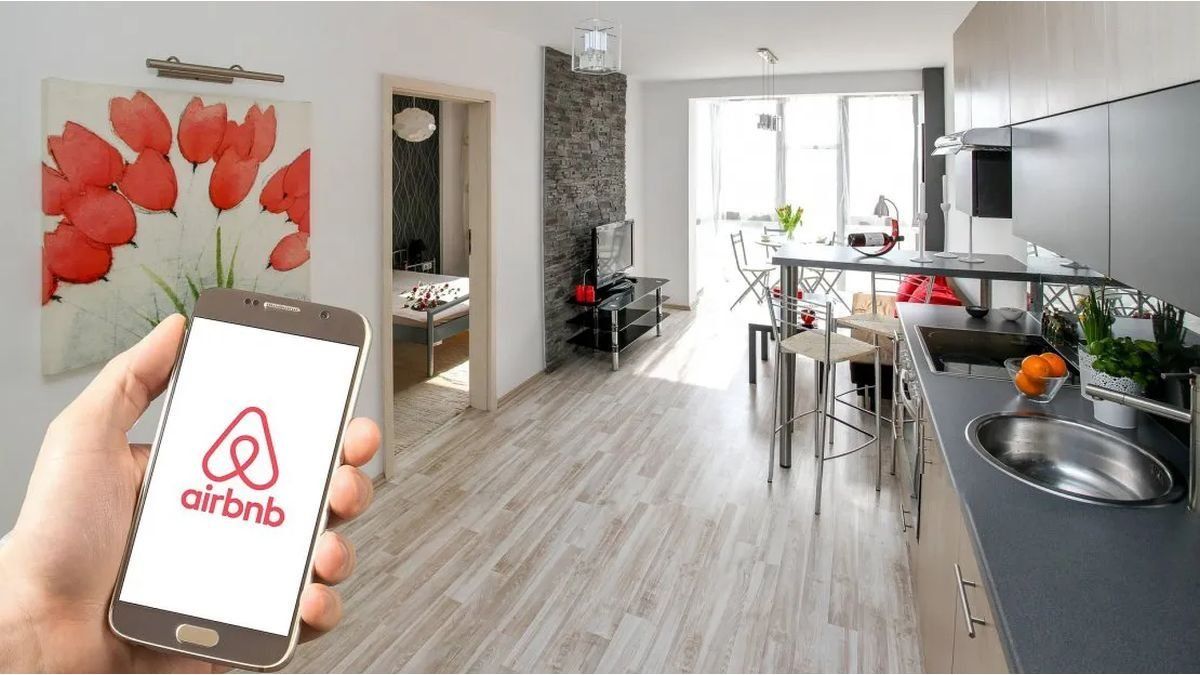Property owners who offer their services to foreign and Uruguayan tourists They demand changes in the bill presented in the Parliament at the beginning of the year that aims to regularize this activity with the aim of promoting equity in all travel services.
One of the main complaints on the part of the owners has to do with the fact that the project proposes to require tax obligations similar to those that hotels and real estate agencies have in the country. “The majority are workers middle class, entrepreneurial women, retired “They saved all their lives to have an extra property,” they state.
With this, they establish that it is unfair to impose bureaucratic and tax obligations similar to those that the real estate and Hotels since these have the service infrastructure that the owners lack. “The owners do not have employees, they do not offer services such as breakfast, lunch and dinner, organization of events; since they do not have the infrastructure to do it. They simply put their house or rooms up for rent,” they detail.
On the other hand, compared to the proposal to create a National Registry of Properties for Temporary Rental and the requirement of inscription In the departmental municipalities, the hosts propose a single, general and simple registration through a digital form that has the character of a sworn declaration and avoids double processing.
What does the law propose?
In mid-February, the Executive Branch sent the Parliament of Uruguay a bill to regulate the housing for tourist usewith the purpose that the traditional hotel industry can face the “unfair competition” of the digital platforms of tourist services, such as Airbnb either Booking.
The presentation of the document that seeks to establish greater controls on what is understood as an “informal industry.” In that sense, the project clarifies that it does not refer to “one-time accommodation as a sporadic cultural exchange, or to the person who rents his house seasonally to be able to deduct expenses from his taxes” but to “real organized hosting companiesor from individuals who make it their profession.”
According to the document, the objective is to regulate accommodation in homes for tourist purposes, as well as their administration or exploitation by their owners or third-party administrators.
Meanwhile, the measures to be applied will be intended for non-hotel companies and “all those that provide similar services to registered hotel accommodations, their owners or those who operate or manage them” and that, in turn, do so. at least five times a year and for a total time of more than 90 days.
Among the regulations, the creating a new record where all homes of this type are included, which will also have the obligation to register as such with the departmental government that corresponds to them. In this way, they will cease to be conventional homes and become “non-hotel companies.”
According to the statistics of the Ministry of Tourismthe two largest companies offer close to 6,000 beds annually each, a much higher number than the 1,700 beds provided by the traditional sector.
Source: Ambito




